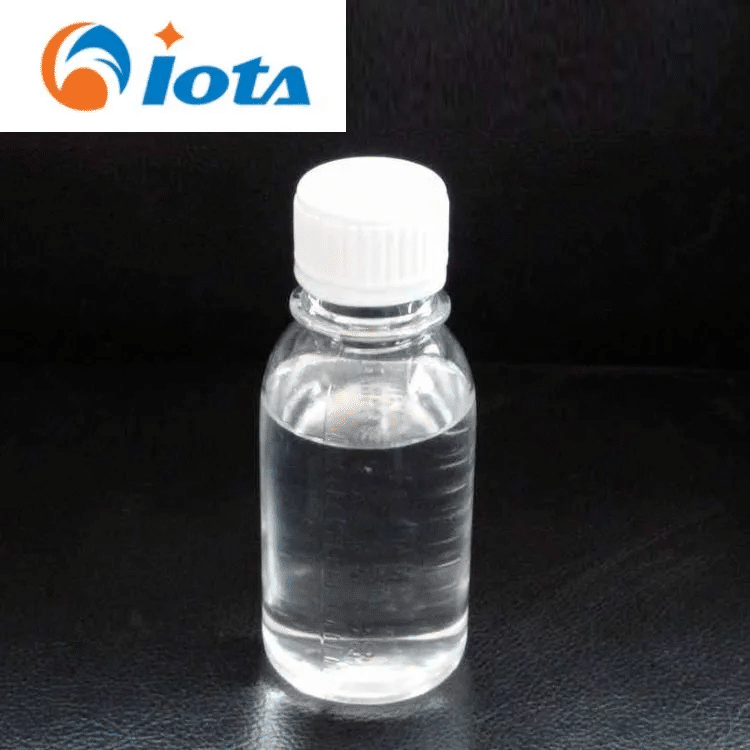On July 25, 2025, Beijing - Organic silicon materials are playing a key role in the field of advanced process chip packaging below 7nm. The "low stress high thermal conductivity silicon gel" developed by a scientific research team has successfully passed the rigorous test of SMIC International. Its thermal expansion coefficient is 58% lower than that of traditional materials, and its thermal conductivity is increased to 8W/m · K, clearing the material barrier for the mass production of domestic high-end chips.

Technological breakthrough: breaking through the bottleneck of the "sandwich" structure
In chip packaging, the silicone layer needs to simultaneously meet the three functions of insulation, thermal conductivity, and buffering mechanical stress. Traditional epoxy resin materials are easy to crack at 150 ℃, while new silicon gel forms a three-dimensional heat conduction network by introducing nano boron nitride filler. Experimental data shows that chips using this material can reduce junction temperature by 12 ℃ and fault rate by 73% compared to traditional packaging during continuous high load operation.
Industrial synergy: a leap from laboratory to mass production
In order to accelerate technology transformation, a material research institute and Changdian Technology jointly built a joint laboratory to develop the world's first fully automated silicon gel coating line. This production line adopts non-contact spraying technology, which can control the coating thickness error within ± 2 μ m, meeting the strict requirements of AI chips for packaging flatness. At present, related products have entered the supply chains of companies such as Huawei and Cambrian.
